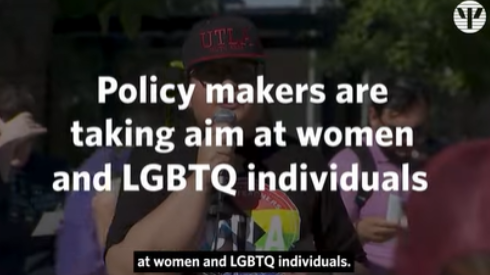 |
| Perth Children's Hospital / Wiki |
A groundbreaking study published by renowned Jama Pediatrics on March 4, 2024, has shown that of 552 medically and socially transitioned children and youth only 1 percent returned to their gender at birth.
Perth Children's Hospital Gender Diversity Service's relative isolation in Western Australia put it in a unique position to look at the patients up to age 18 who were treated and determine their retransition rate. Out of the 995 enrolled patients who between 2014 and 2020, 552 had voluntarily closed their cases and only 1% returned to their gender as assigned at birth.The study Reidentification With Birth-Registered Sex in a Western Australian Pediatric Gender Clinic Cohort shows that of 548 individuals with closed referrals, 29 (5.3%) reportedly reidentified with their birth-registered sex before or during assessment. Two of these individuals reidentified during medical treatment, which corresponds to 1.0% of all patients who initiated medical treatment.
Erin Reed (Erin In The Morning) writes "The study contributes to a substantial body of literature indicating low detransition rates. A study of 317 transgender youth in the United States reported similar findings of low detransition or desistance rates, with only 2.5% of transgender youth identifying as cisgender after five years of follow-up. A Dutch study also reported comparably low rates. According to a review of literature by Cornell University, the regret rate for gender-affirming care ranges from 0.3% to 3.8%, depending on the study's methodology. However, this study stands out due to its very large sample size, data spanning six years of transgender care, and and which does not suffer from "loss to follow-up.”
Related
